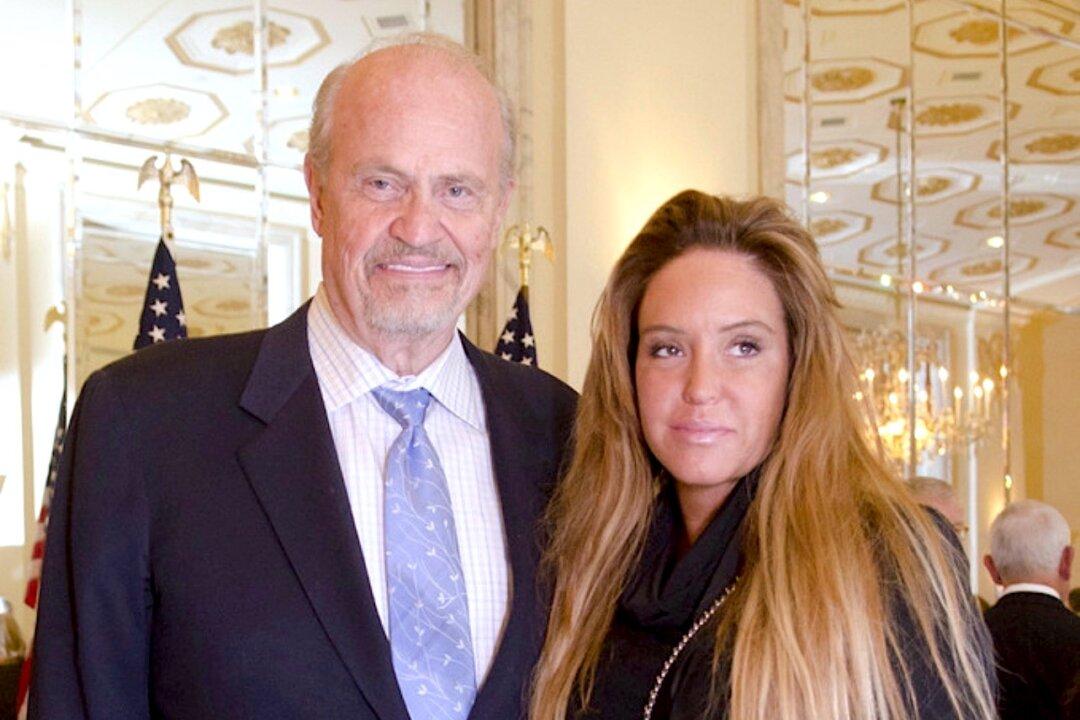A former U.S. senator’s widow is suing the Republican governor of Tennessee in state court, claiming that his various COVID-19-related emergency policies restrict personal freedom, violate state law, and trample on constitutional rights.
The petitioner is former conservative talk radio host and activist Jeri Thompson, widow of former Tennessee Sen. Fred Thompson, who died in 2015 at age 73. Thompson, an attorney who was minority counsel assisting Republicans on the Senate Watergate Committee, achieved notoriety not only for his work in law and as a lawmaker, but also as a radio commentator and a high-profile movie and television actor.





